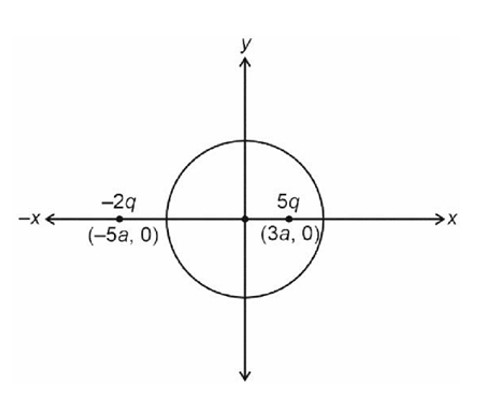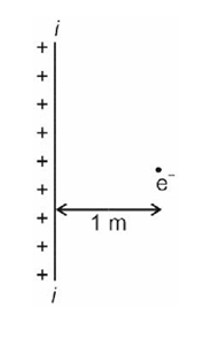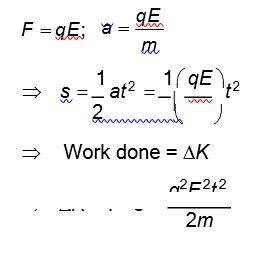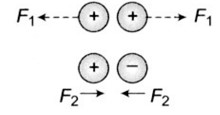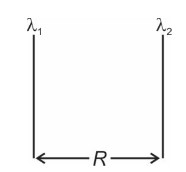Physics Electric Charge and Field
Get insights from 91 questions on Physics Electric Charge and Field, answered by students, alumni, and experts. You may also ask and answer any question you like about Physics Electric Charge and Field
Follow Ask QuestionQuestions
Discussions
Active Users
Followers
New answer posted
3 months agoContributor-Level 10
Distilled water is one of the best examples of an electrical insulator. Very few ions are free and they are not enough to carry charge. But, if you look at tapwater or saltwater, it can be an effective conductor, as these liquids have dissolved salts and minerals acting as mobile charge carriers. They allow electricity to flow.
New answer posted
3 months agoContributor-Level 10
The conductor needs to be in electrostatic equilibrium for the electrostatic field to become zero inside it. Any conductor will have electrons or electric charges that are moving freely inside the substance. When you apply an external electric field, these free electrons will redistribute until the time the internal field they create begins to cancel out the external field. That's why the total or net electric field inside the conductor becomes zero.
New answer posted
3 months agoContributor-Level 10
You should know that electrons have a definite mass. The mass of a body increases a little when it gains electrons. The body mass can also slightly decrease if the body loses electrons during charging.
New answer posted
3 months agoContributor-Level 10
For maximum value of s, initially, electron must move away from plate.
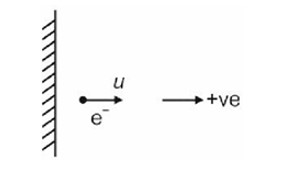
ut + at2 = s
t = 1u = 1m/s s = –1 m
1 * 1 – a * 12 = – 1
-> a = 4m/s2
= 4.05 * 10–22C/m2
New answer posted
3 months agoContributor-Level 9
Because E
New answer posted
3 months agoContributor-Level 9
In Case I when both are positively charged, due to induction positive charge moves outwards on spheres, increasing effective distance between centres of charge causing magnitude of the force to decrease.
Taking an Exam? Selecting a College?
Get authentic answers from experts, students and alumni that you won't find anywhere else
Sign Up on ShikshaOn Shiksha, get access to
- 66k Colleges
- 1.2k Exams
- 681k Reviews
- 1800k Answers

